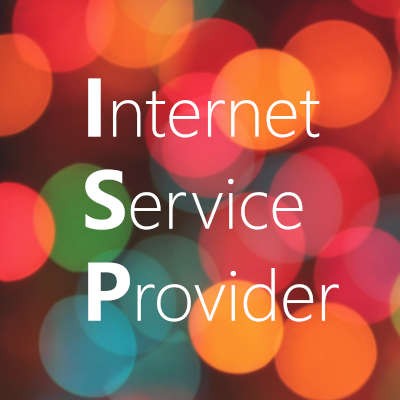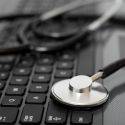Computerware Blog
Some industries have specific standards that must be met regarding data security and privacy. For healthcare and its related industries, you have HIPAA, the Health Insurance Portability and Accountability Act, which protects the privacy of patient records and requires that organizations maintain them in a specific fashion. To make this a bit easier is HITRUST, the Health Information Trust Alliance. How are these two intertwined and how do they make the privacy regulations in the United States easier to understand?
Traditionally, when you talk about employee health, issues come up about health insurance and workplace safety. With the COVID-19 pandemic six months old, new considerations have to be made. The pandemic has caused many businesses to reassess the way they go about doing things to ensure that their workforces aren’t exposed to the virus, and that employees can handle their jobs with the pressures brought forth by the spread of SARS-CoV-2. Today, we’ll review some of the considerations business owners have to make to keep their workforces safe.
In light of the coronavirus outbreak that swiftly swept across the globe, there have been efforts made by many telecommunications companies to make life easier for their customers. These customers are likely holed up at home, working remotely if possible. One way or another, they are going to want Internet access, and in a show of solidarity, numerous ISPs and cell carriers are delivering.
Healthcare organizations are a hot topic when it comes to cybersecurity, as even a small data breach could turn into a goldmine for hackers. Recently, IBM’s 2016 Cyber Security Intelligence Index has reported a data breach that exposed more than 10 million medical records, which shows us just how scary a breach of this kind can be. The secret weapon, in many cases, is a threat called ransomware.











